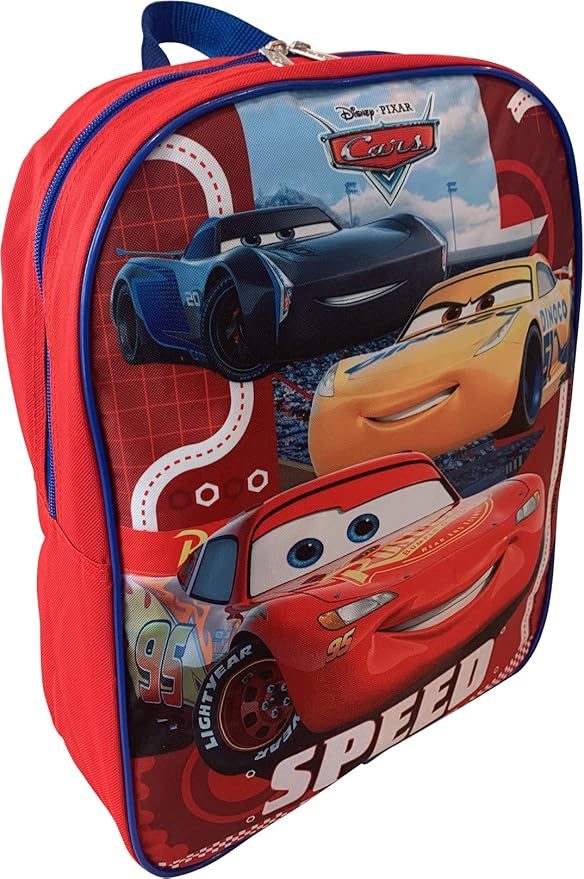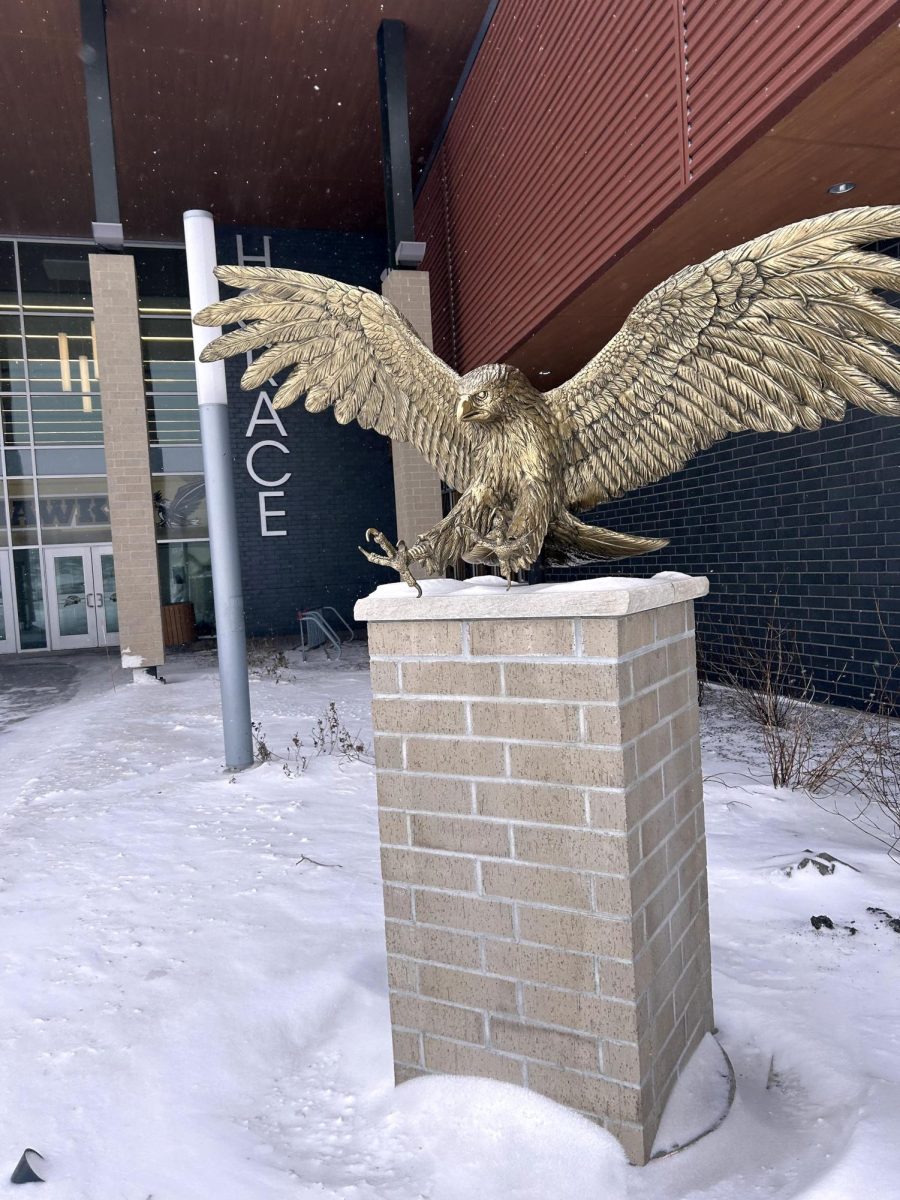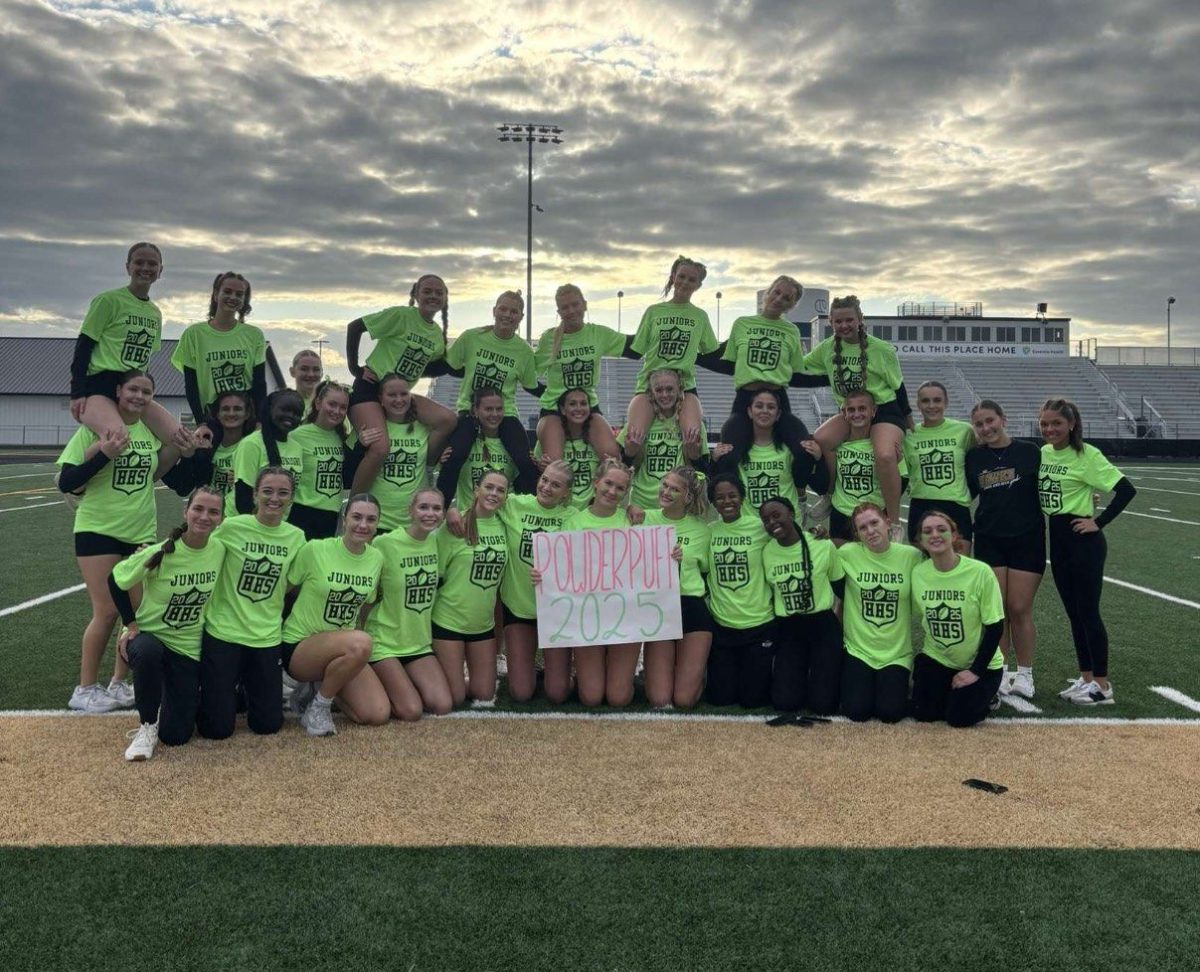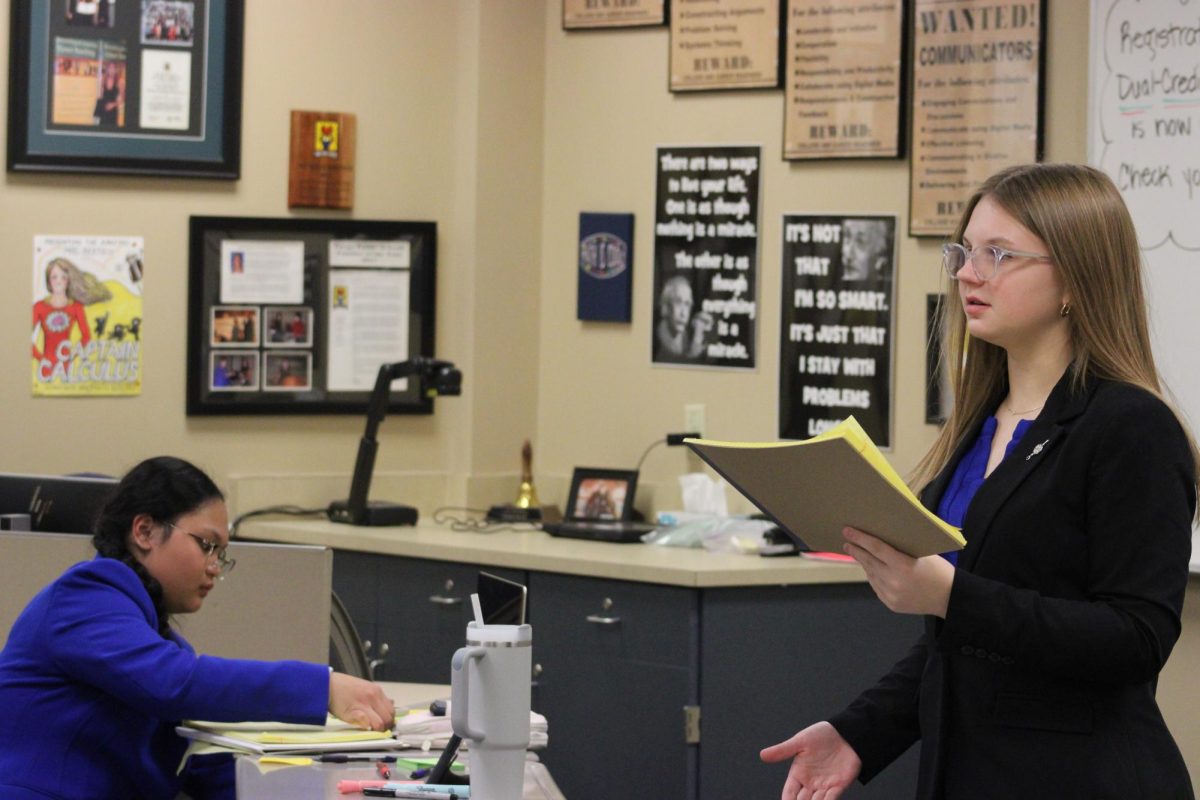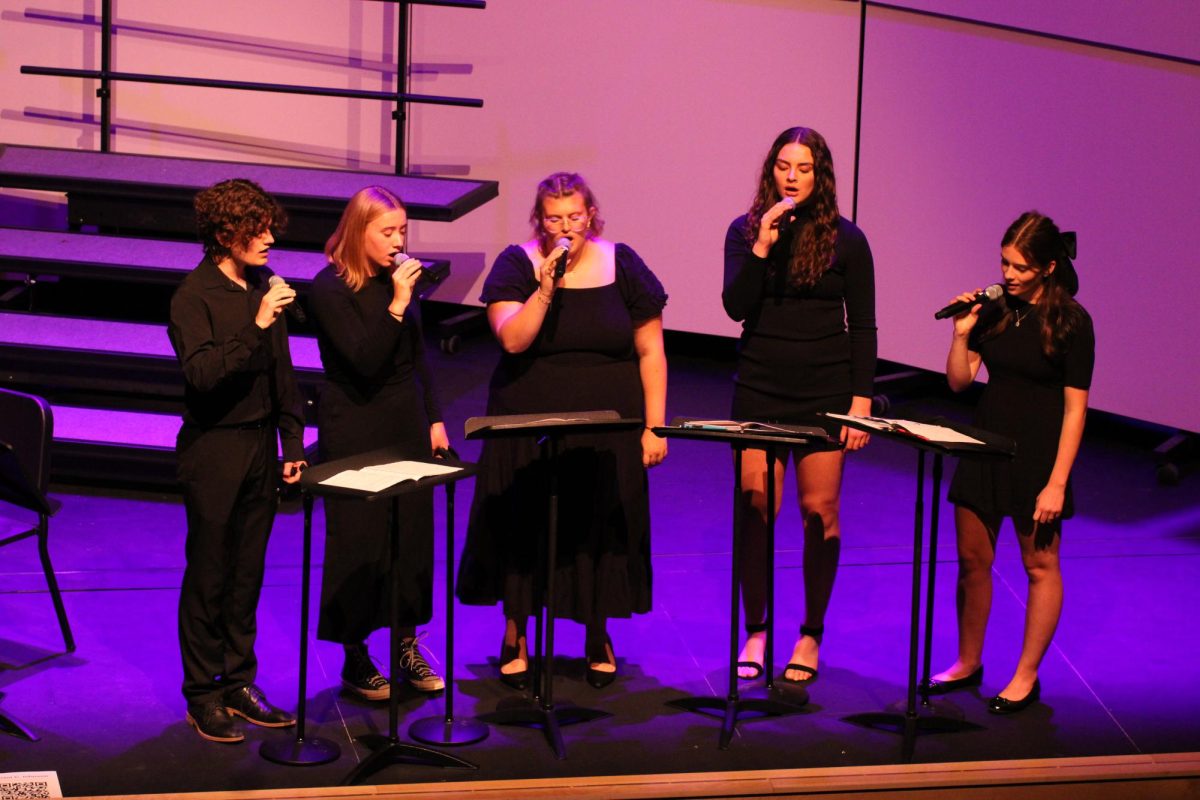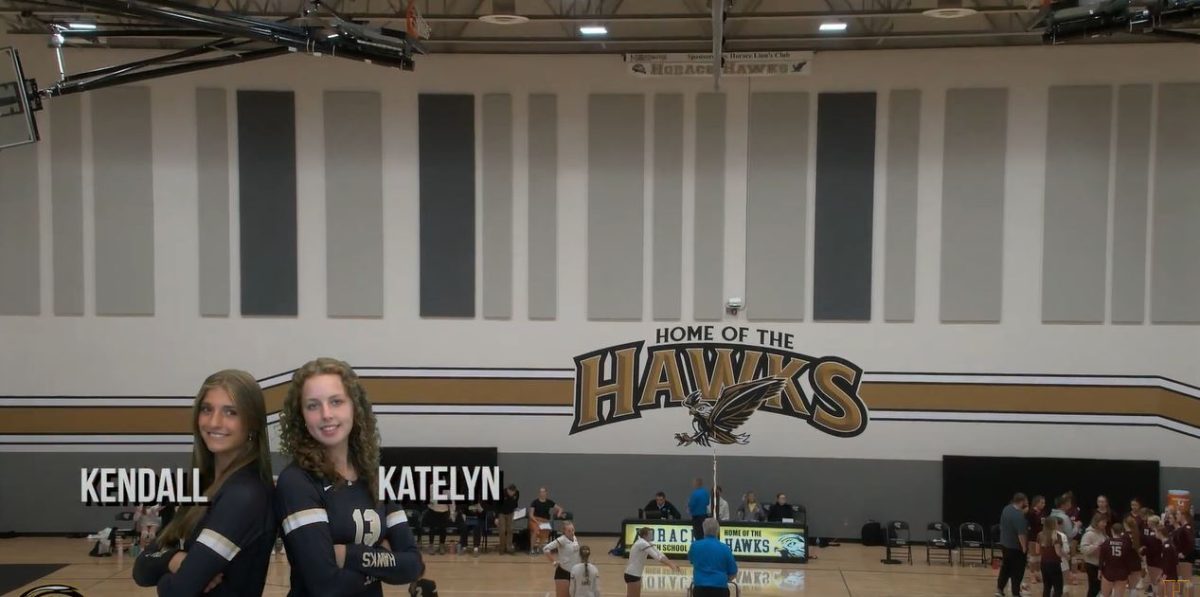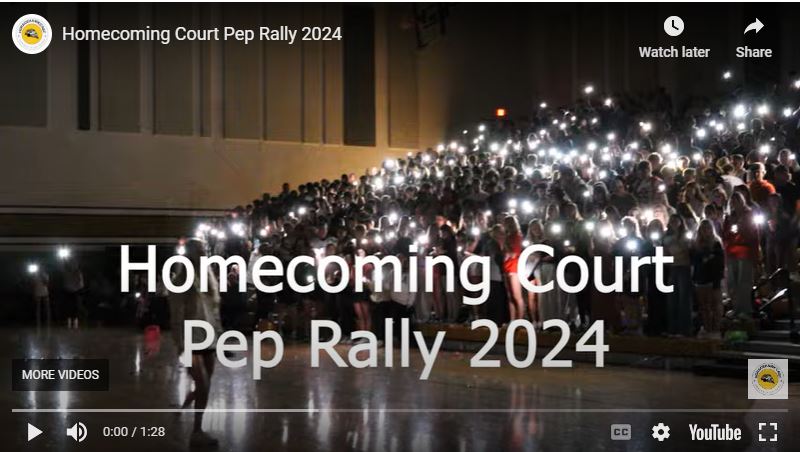The results of the 2024 Panorama survey are in! Here, we’ll cover some highlights, lowlights, possible improvements, and a celebration of the school’s progress from last year to now.
Highlights: Panorama shows each question, the percentage of students who answered favorably, and how the percentage compares to last year’s survey. Good news for everyone, every metric was more positive by at least one percent. The most positive response was to the question “During the past 30 days, how often were you polite to adults?” which came in a whopping 87% positive responses. This was followed by “During the past 30 days, how often did you follow directions in class?” and “Do you have a teacher or other adult from school who you can count on to help you, no matter what?” with 84% and 83% respectively. Our biggest area of growth was at the question “During the past 30 days, how often did you get your work done right away, instead of waiting until the last minute?” Which rose by 11% to the grand total of 59% favorable responses. It may not be our strongest area, but we’re showing some growth! I challenge all learners to work to make it rise another 11% by the spring. We got this!
Lowlights: To start, we need to recognize the importance of covering the lowlights. Reporting lowlights is not just some punishment for students or administrators because they didn’t make everything perfect – it’s to recognize how we can improve. With that, let’s start with the lowest percent of favorable response. This was to the question “How confident are you that you will remember what you learned in your current classes, next year?” With a total of 37% positive responses. The second lowest was “In school, how possible is it for you to change liking the subject?” with 44% favorable. In a positive note though, these are the only two questions that got under 50% positive responses.
So, what can we learn from this, and how can we improve? First, we can learn that from the students’ perspective, lots of students are respectful. We believe we are polite and follow directions. Ask teachers how they feel? If there is a disparity, we should work on communication between teachers and students on what respect looks like and feels like to teachers. If not, we should focus on encouraging others to discover the importance of respect and the benefits to being respectful. Of our lowest category, memory of material, there are many ways we can approach this. Curriculum is obviously out of students’ control, but a student-based solution is to try long-term studying. Cramming last minute is one sure-fire way to forget things after the test. Studying material over time, building on your knowledge, and slowly cement learning concepts in your memory will help ensure your success at memorization. In terms of curriculum, building on previous concepts makes it easier to remember key information. Students remember the alphabet, despite the fact that they haven’t been taught the song since kindergarten, because all writing depends on it. That is an extreme example, but in a similar vein, math students can remember the formula for a line (y=mx+b), because many algebraic concepts are built upon it. Adding to students’ pool of knowledge helps them maintain their metaphorical pool without losing all the water over summer break.
We should be incredibly proud of the growth of the school. For only having been in one building 4 years at this point, we have seen the struggles we’ve had to overcome. At the same time, it is vital to recognize areas of improvement in order to keep this building running for another 4 years, and beyond.

